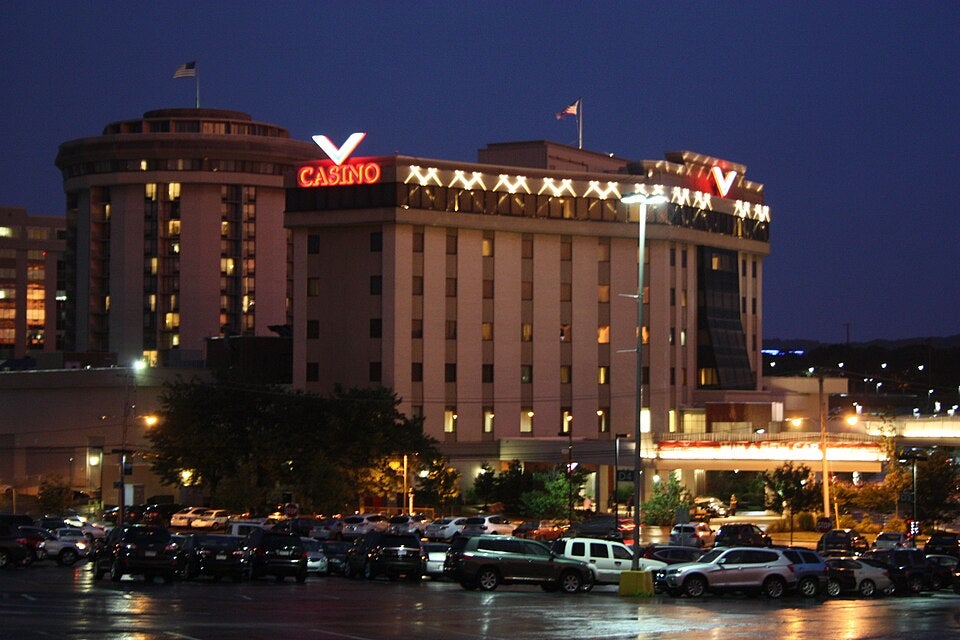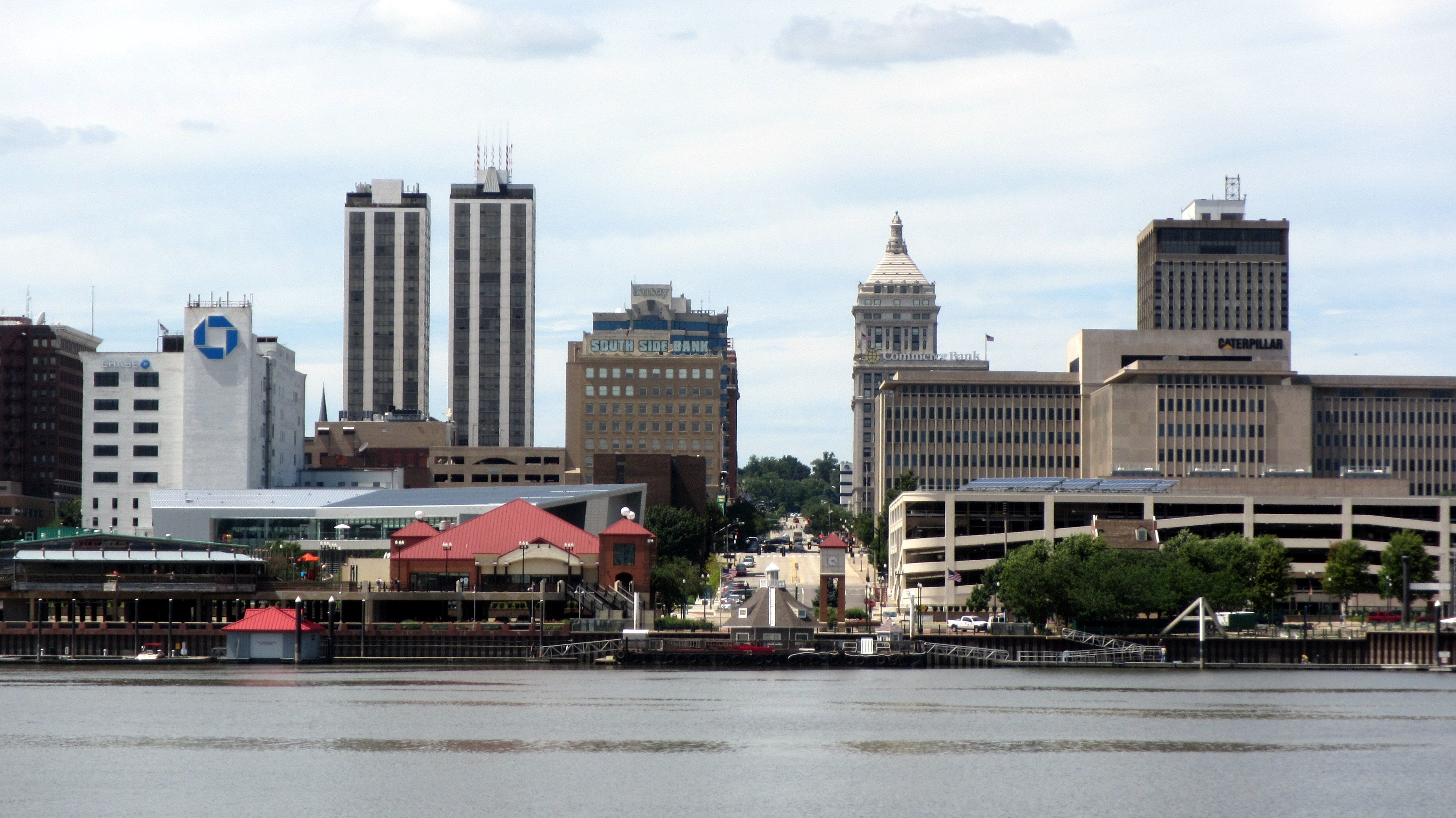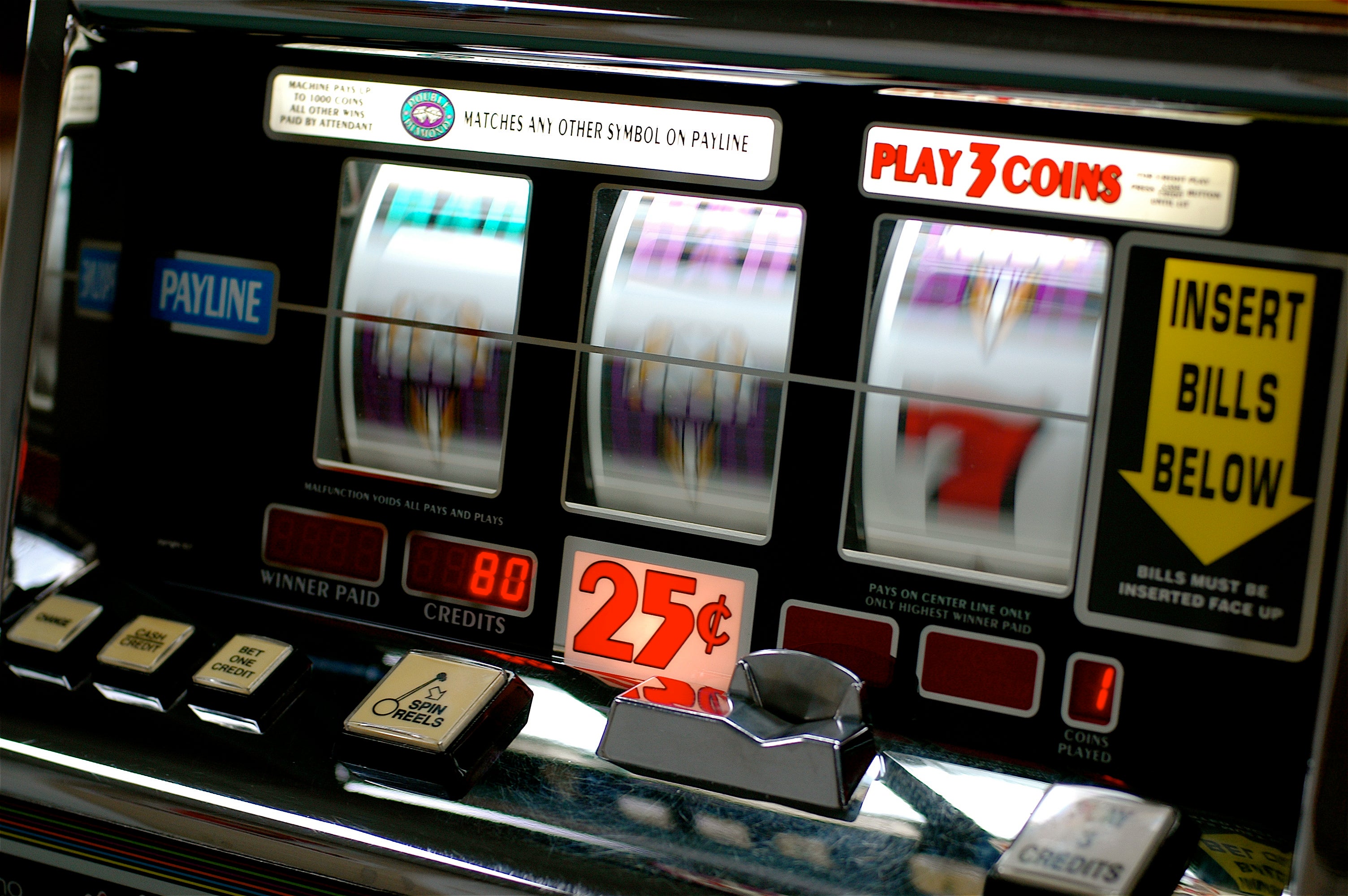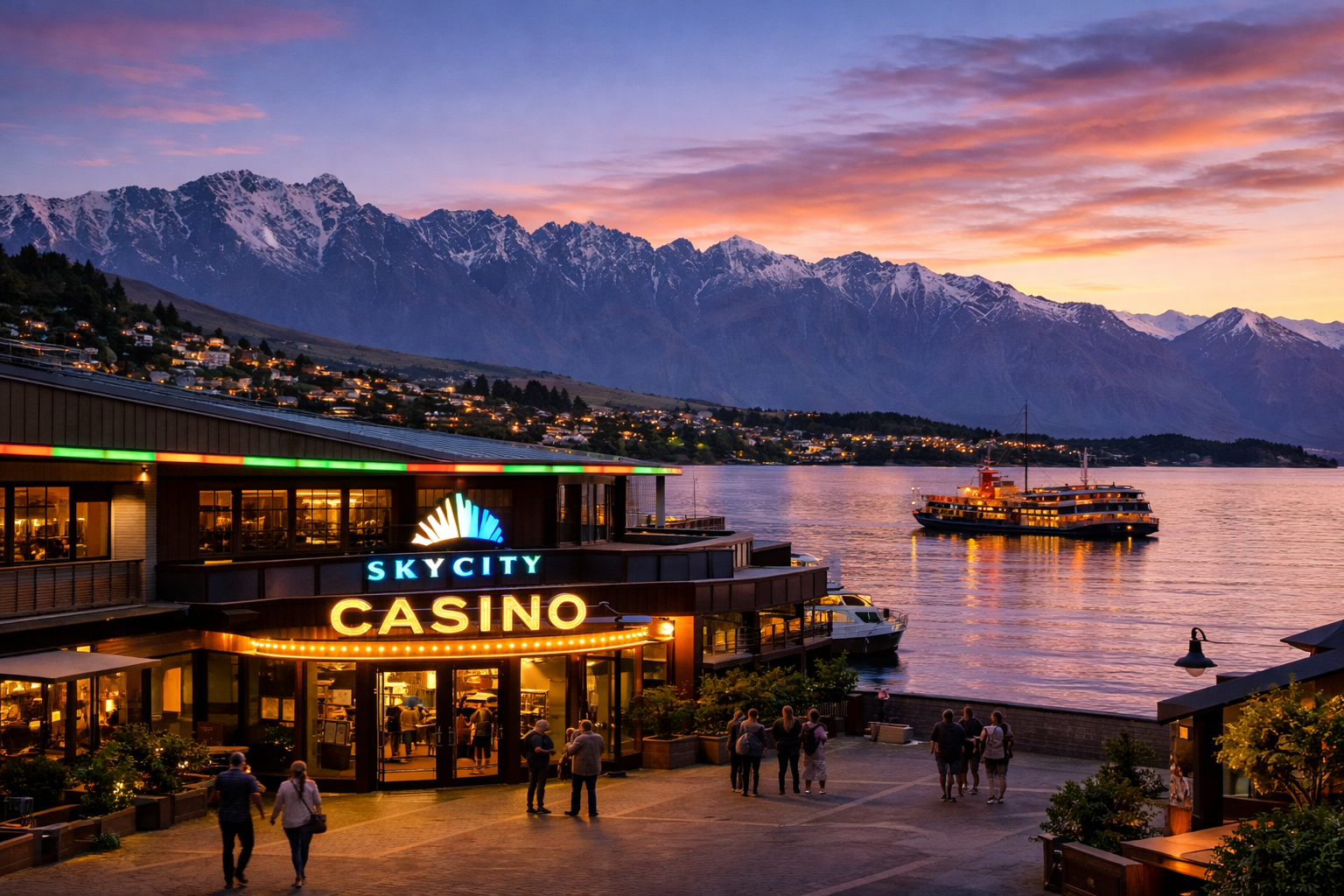Yet another commitment
Sharpton has supported the Times Square casino proposal for the past couple of months.
Despite his status, his support was recently dwarfed by the overwhelming criticism of the casino express during its first public hearing earlier this month. Marquees of nearby venues in the Theater District displayed anti-casino messaging, including “No Times Square Casino.”
“Investments like this are what set this gaming proposal apart from all the rest: a demonstrated commitment to the community they seek to be a part of,” Sharpton said in a statement addressing the pledge by the casino’s ownership. Thank you for this support, and we look forward to making this project a reality.”
One of the key elements of the casino’s path to receiving local approval has been addressing the nearby needs. That interest led to the development of advanced security protocols, a reallocation of housing funds to support the broader Manhattan network, and the creation of job fairs to support actors, stagehands, and directors, many of whom cannot find work between shows.
“This commitment (to the Museum of Civil Rights) is a piece of Caesars Palace Times Square’s $250 million investment in public benefits that also include public safety, workforce support, emergency medical services, and health equity initiatives across Times Square and surrounding neighborhoods,” according to the company’s press release.
Stiff competition
The Times Square is one of eight proposals that are hoping to receive one of three New York casino operators’ licenses, which will be announced later this year.
All eight proposals are almost at the final hurdle. Before they get there, they must receive votes of support from six-member Community Advisory Committees (CAC).
Once a vote of support has been registered, the projects will advance for a final review at the Gaming Facility Location Board.
Caesars, SL Green, and Roc Nation estimated that their casino project would create 3,000 union construction jobs and close to 4,000 permanent jobs, and it would generate $7 billion in tax contributions during its first decade of operation.
Despite those positives, many locals haven’t been impressed. They believe that the casino would increase crime and congestion, and it would strip the performance-centered area of its business and general feeling.
The CAC will vote in September to approve or reject the casino.




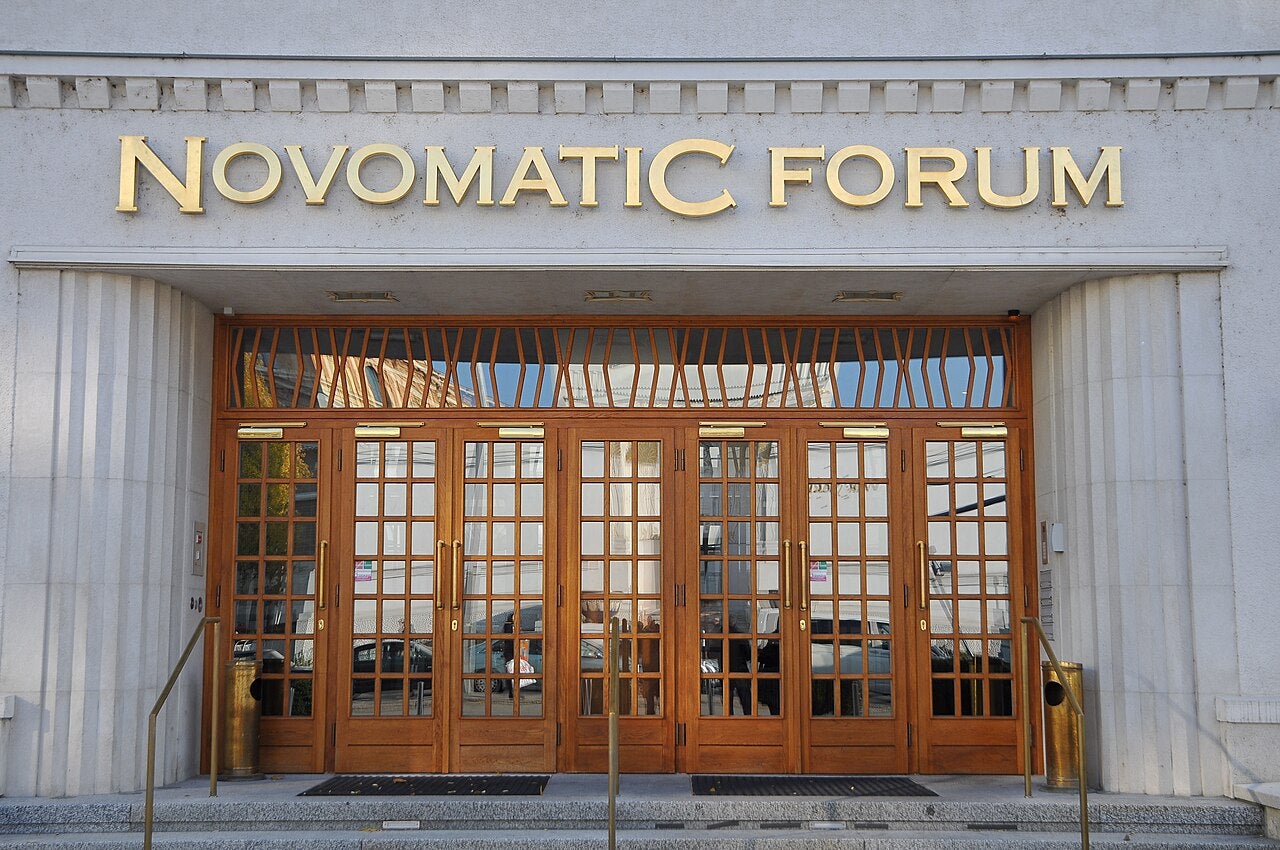
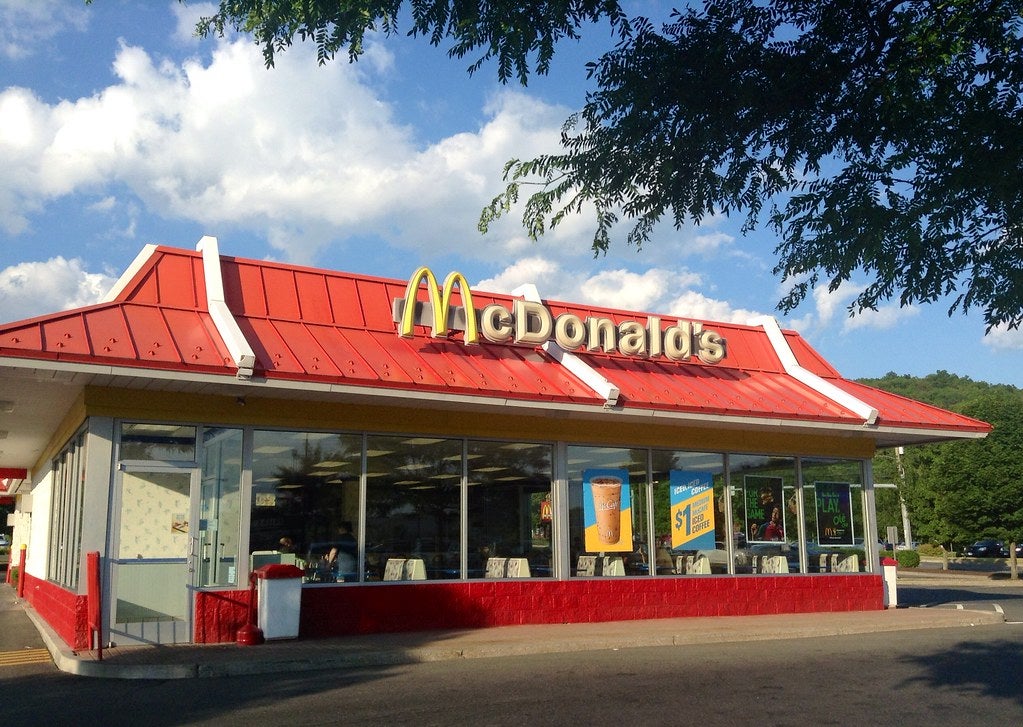
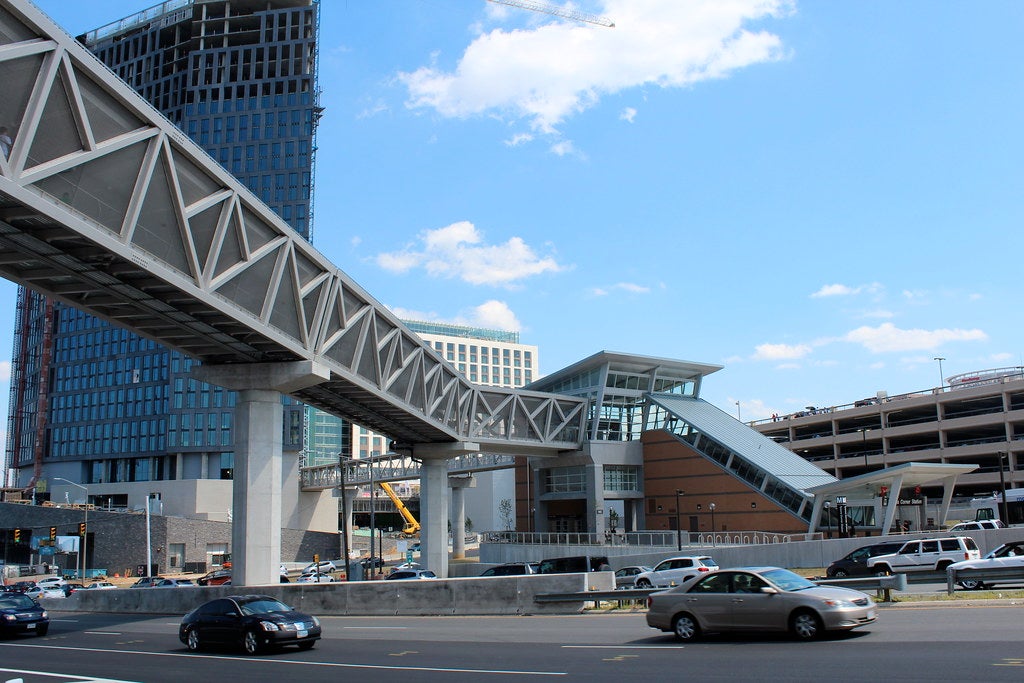




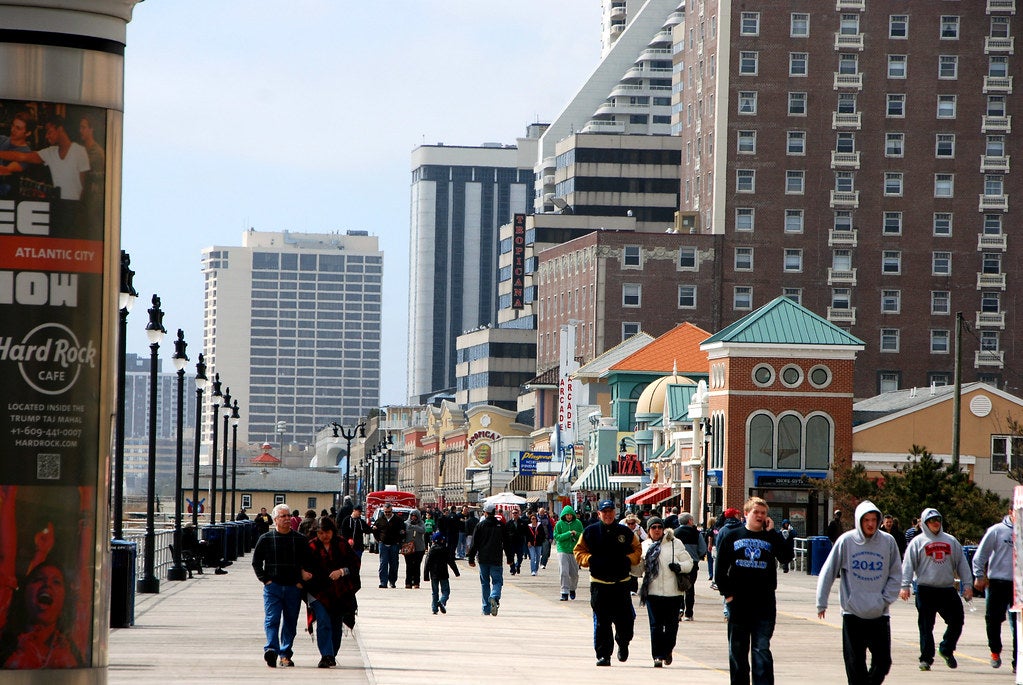

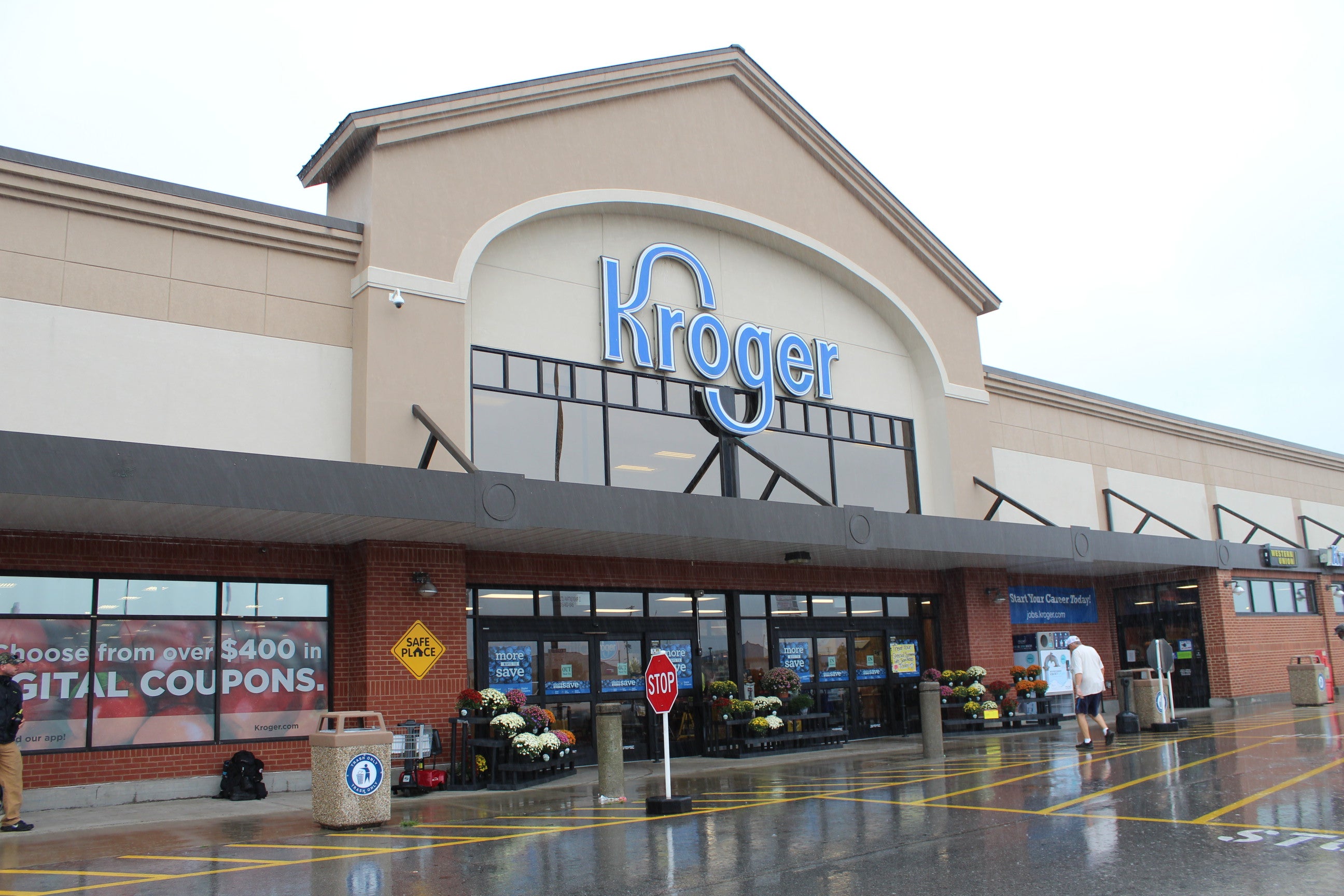

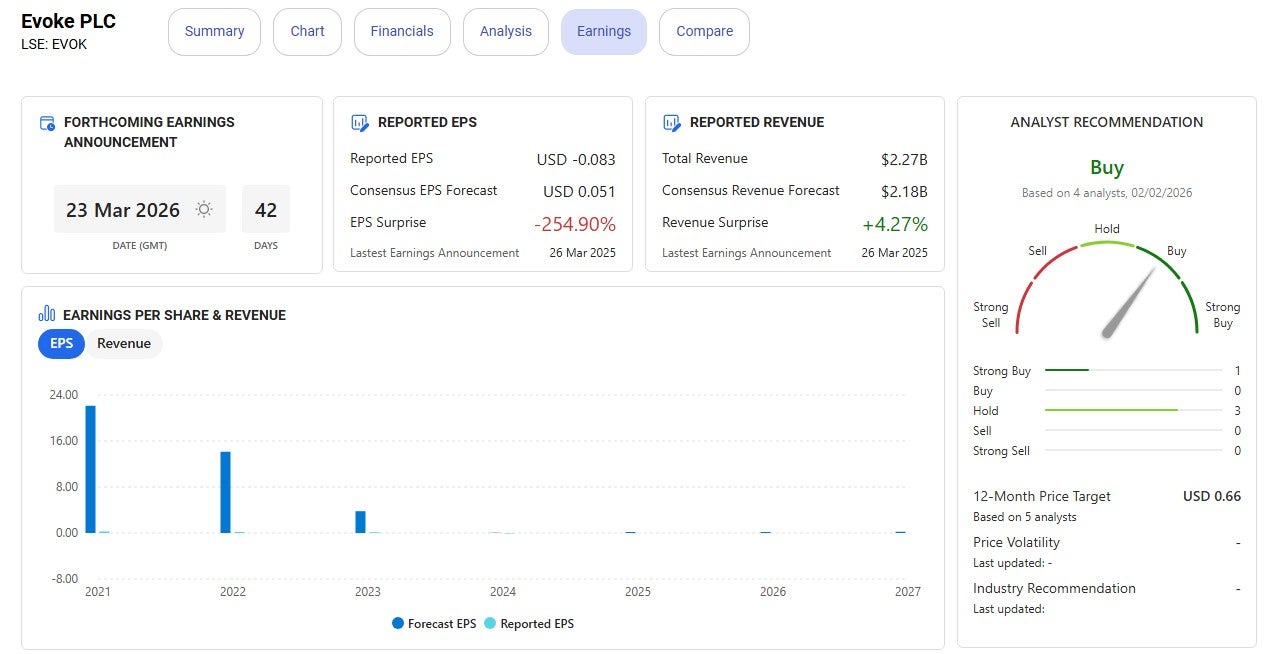

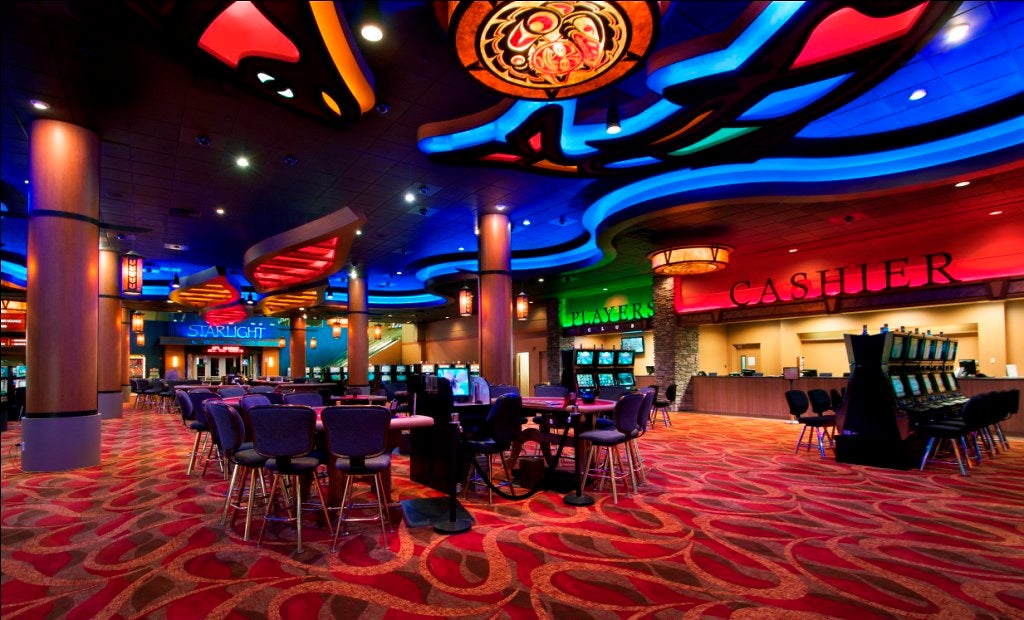
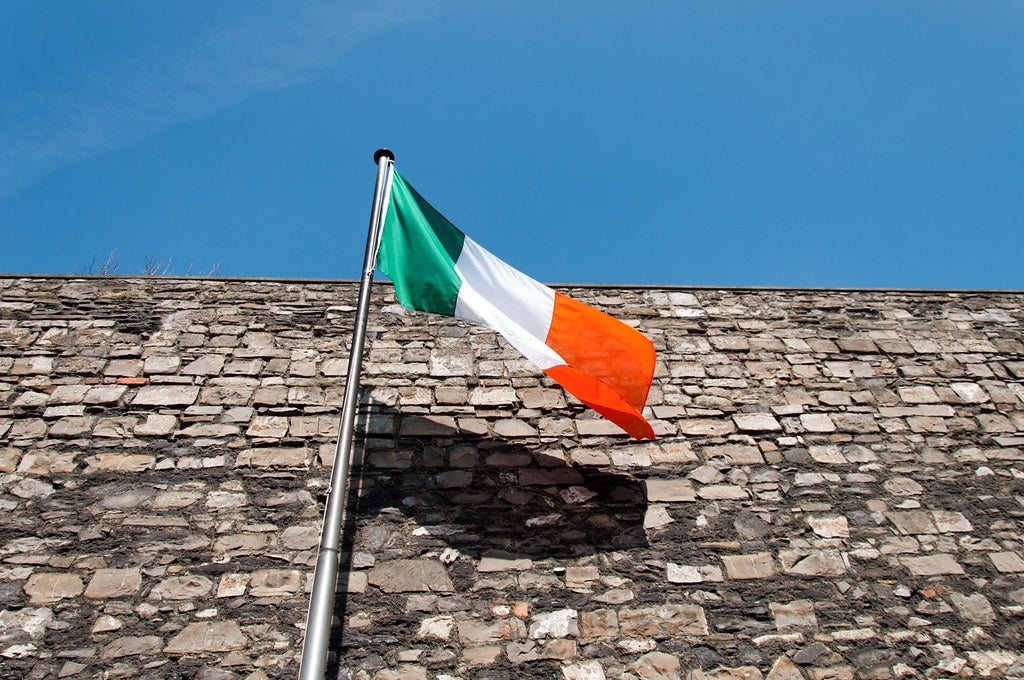
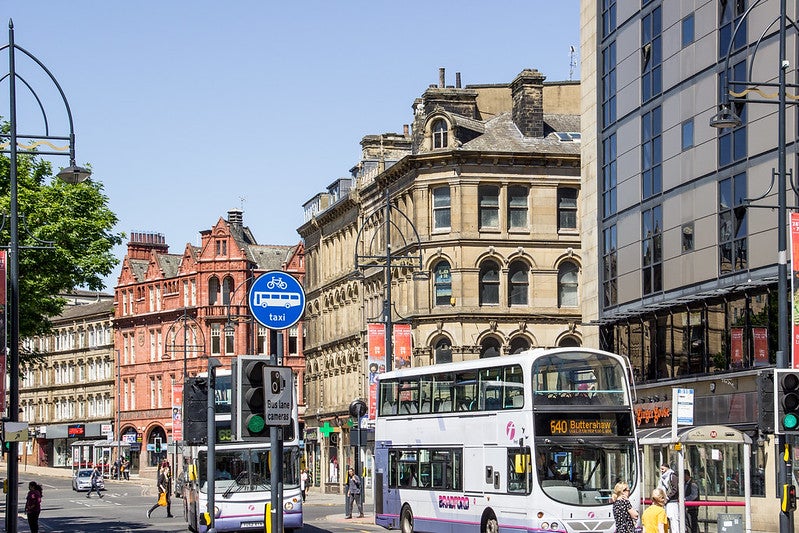

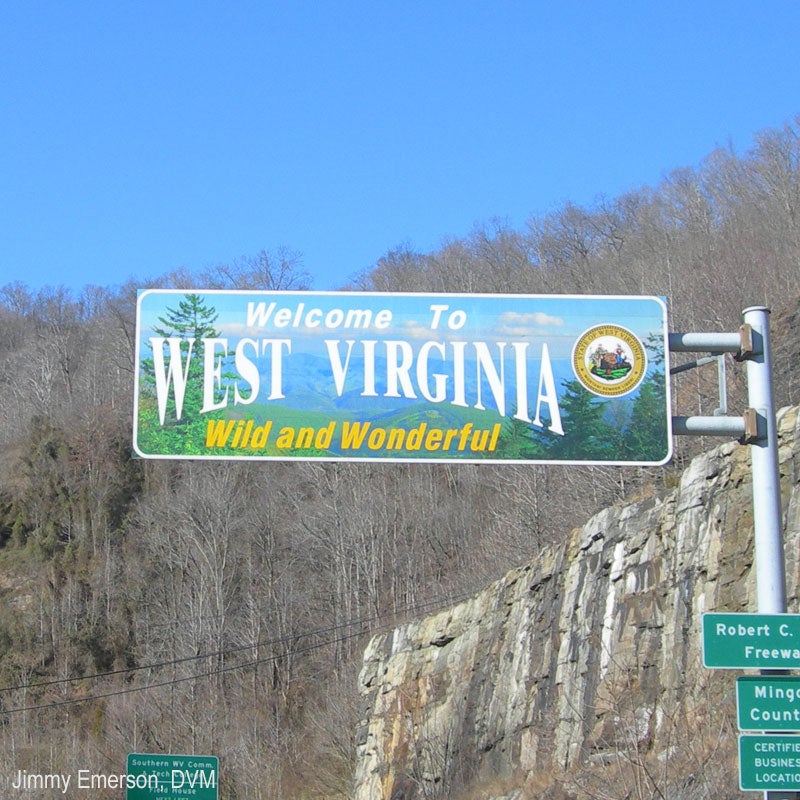
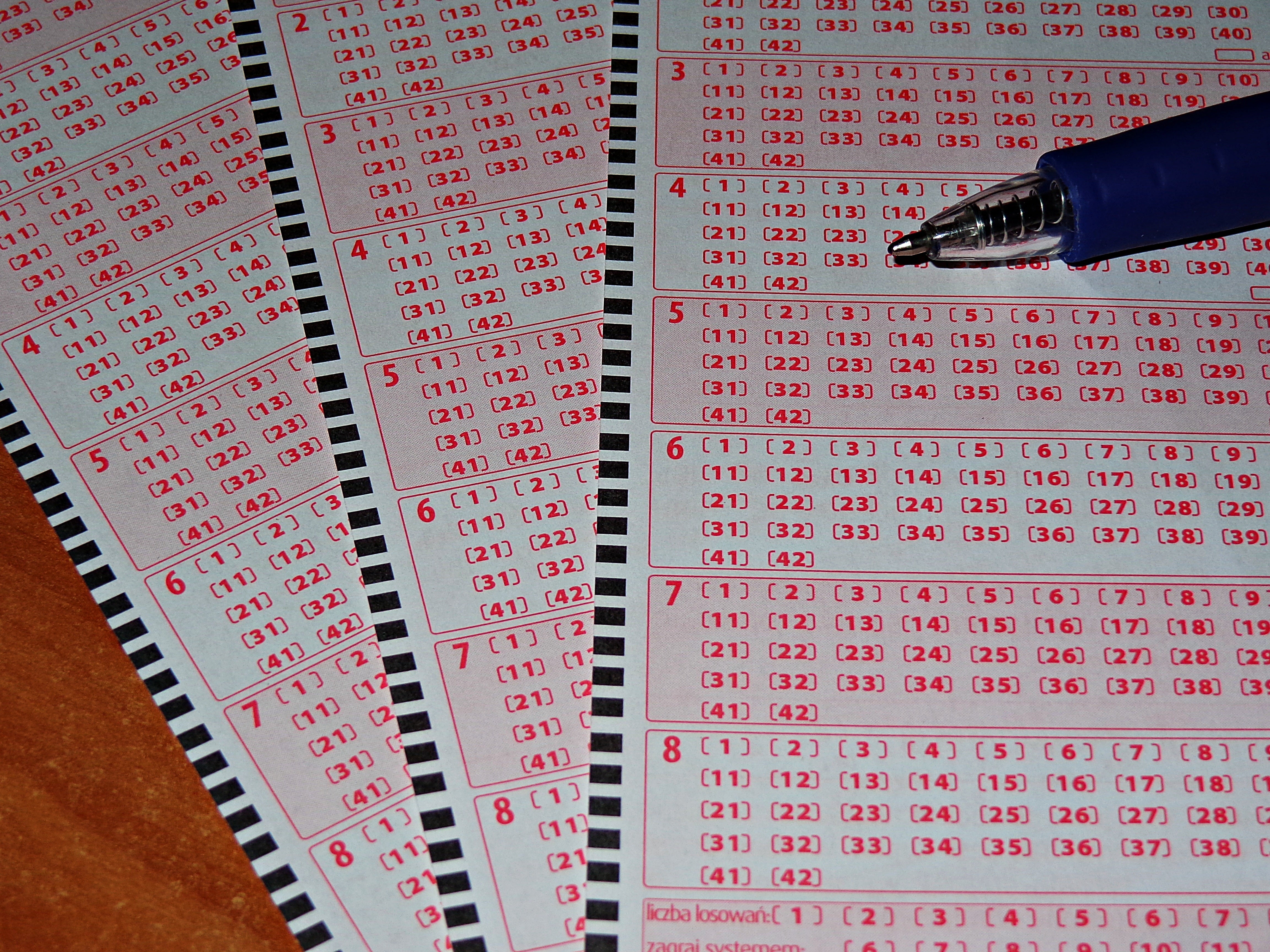
.jpg)
